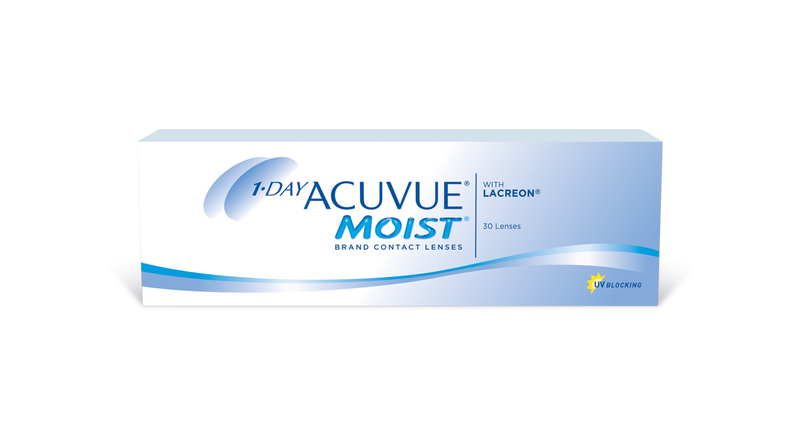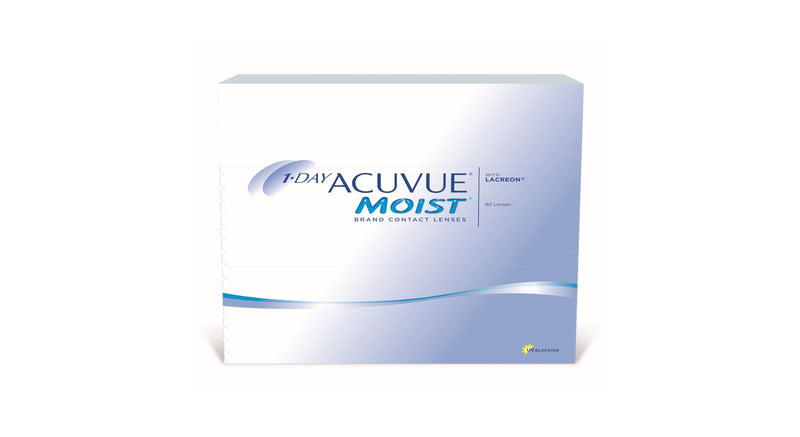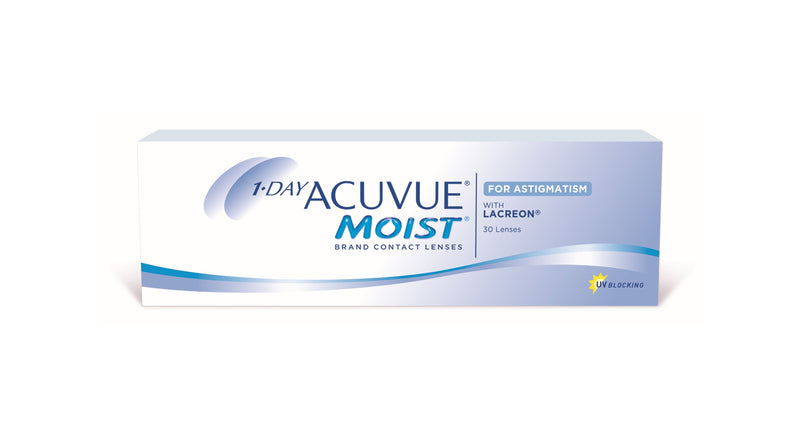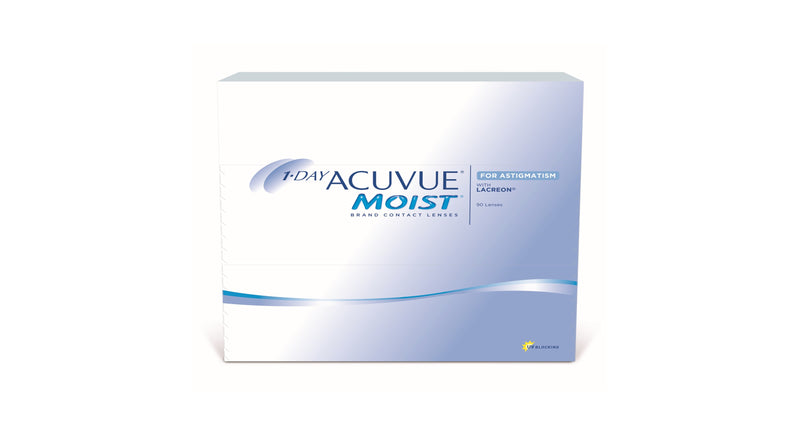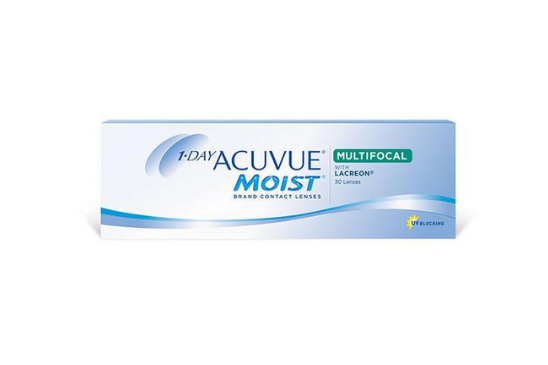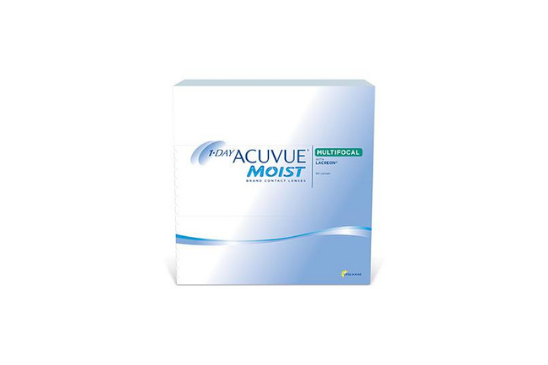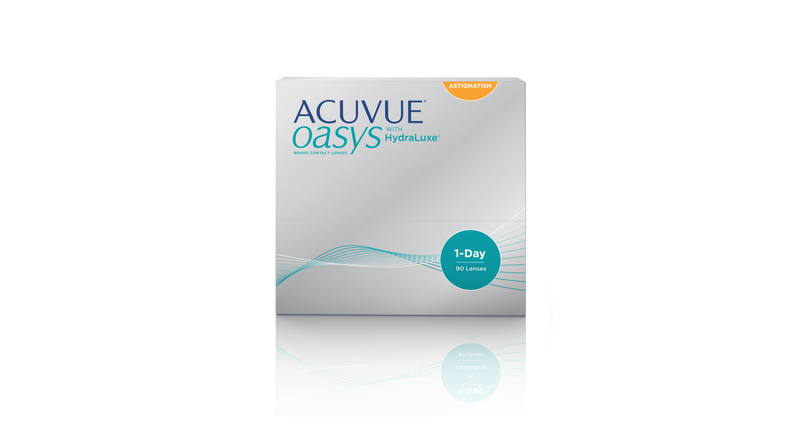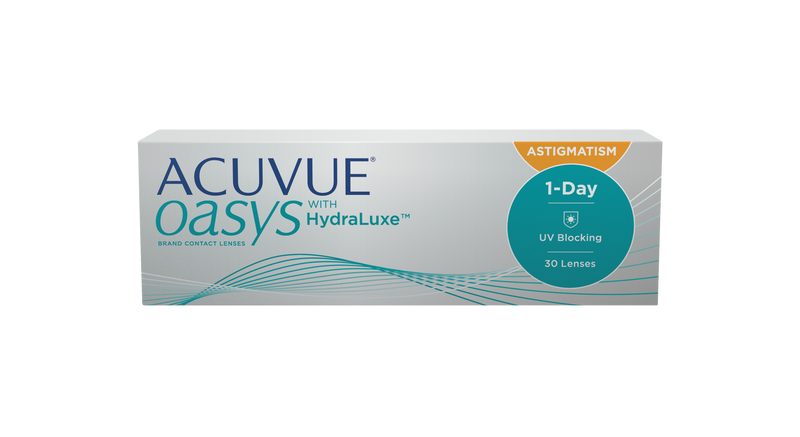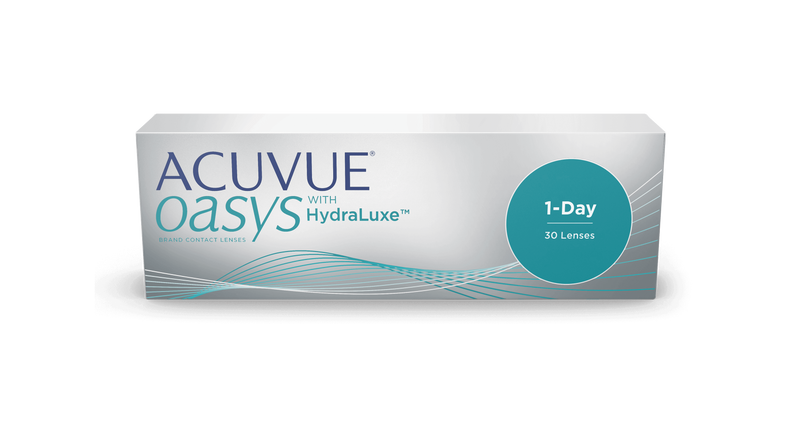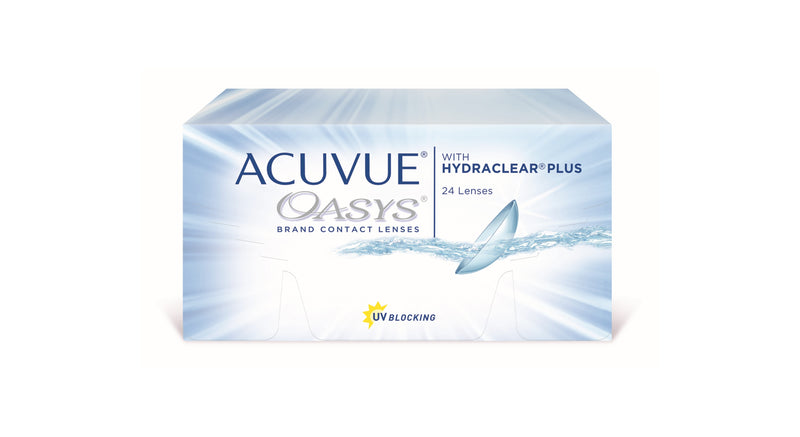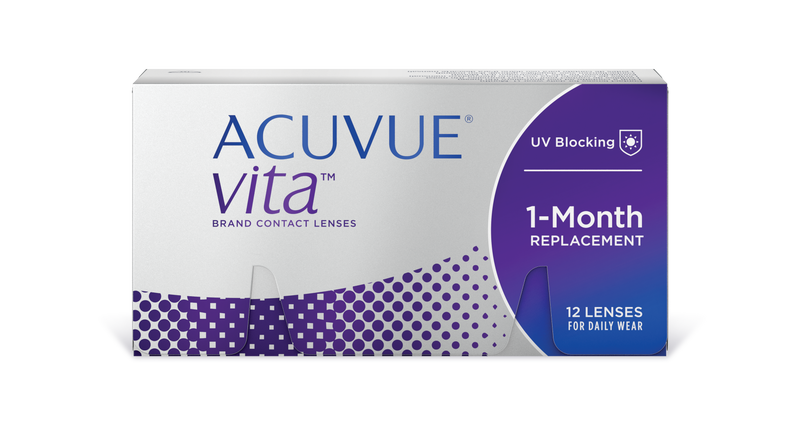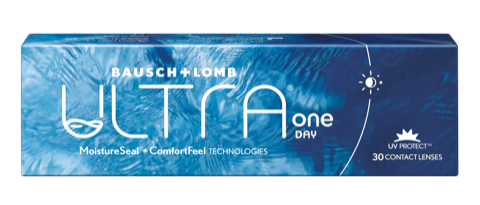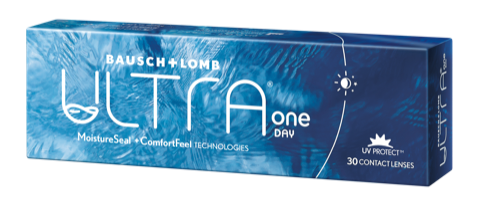
The Essential Guide to Annual Eye Exams for Children
Share
As we approach the close of the school year and anticipate the summer break, it's an opportune moment to highlight the importance of annual eye exams for our children. Dr. Bhullar, founder of Look Optometry in Surrey, BC, emphasizes the necessity of comprehensive vision assessments to ensure our children are seeing clearly as they conclude their academic year and prepare for summer activities. Whether it's gearing up for summer camps, vacations, or simply enjoying the outdoors, ensuring optimal vision is crucial for their safety and enjoyment.
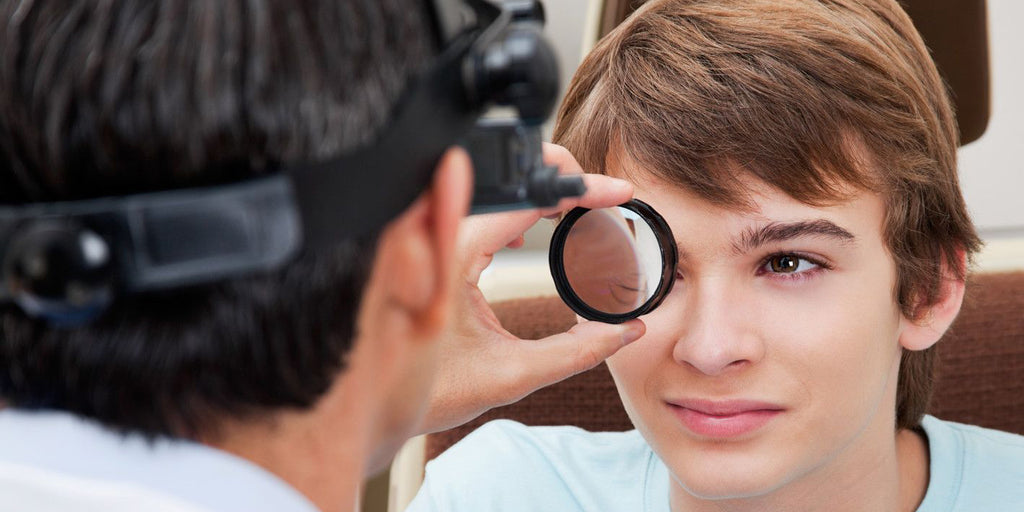
Understanding the Dynamics of Children’s Vision
The eyes of children change rapidly, in parallel with their physical growth. Statistics reveal that up to 25% of school-aged children have vision problems that could impact their academic and social development. Regular eye exams are vital as these issues may not be self-evident to children or their parents.
The Critical Need for Professional Eye Exams
While school vision screenings provide a basic check, they miss many subtle problems. Only a comprehensive eye exam conducted by an optometrist can effectively diagnose and treat vision issues early. It's a fact that early intervention can prevent problems that affect learning and development.
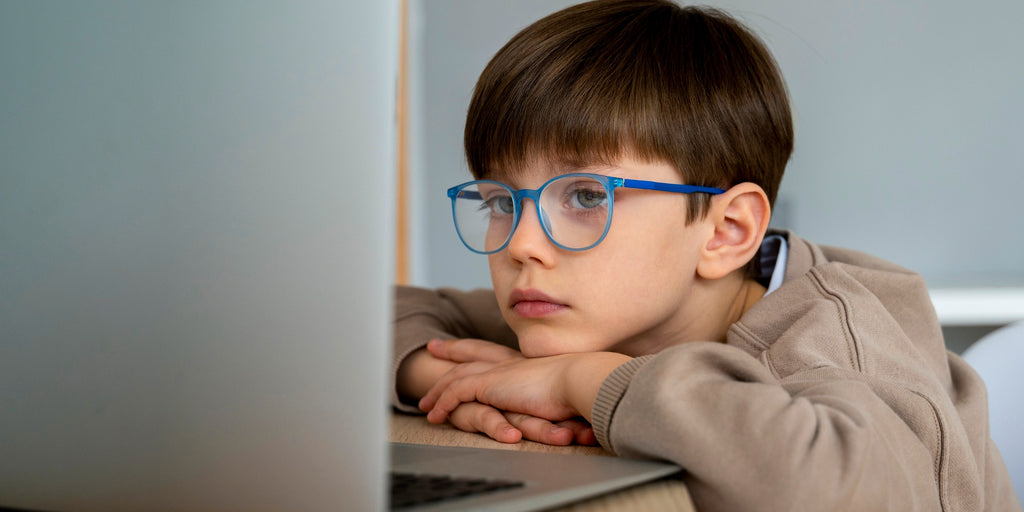
The Limitations of School Vision Screenings: While most schools conduct basic vision screenings, these are generally not comprehensive. Performed by school nurses or volunteers rather than trained optometrists, these screenings often miss subtle vision problems or developing conditions. It's important to understand that only a thorough examination by a professional optometrist can diagnose and initiate treatment for visual abnormalities early on, ensuring better outcomes for your child's vision and overall well-being.
Early Detection Matters: At Look Optometry, we recommend starting eye exams as early as 1 year of age. We use specialized tests, including picture charts for children who are not yet familiar with letters or numbers, to assess vision accurately. These tests often do not require active responses from children, as many are designed to measure visual function objectively.
Preventing Misdiagnosis: It's not uncommon for vision problems in children to be misinterpreted as learning disabilities. Difficulties in reading or interacting with visual material can lead to struggles in learning, leading educators and parents to mistakenly suspect cognitive or developmental issues. Proper vision correction, provided early, can rectify this, allowing children to engage fully with their learning environment.
Annual Eye Exams: A Preventive Measure: Regular eye checks help in detecting conditions such as amblyopia, or lazy eye, which can develop when one eye is weaker than the other. Without early detection and treatment, amblyopia can lead to long-term vision problems. Annual exams ensure that any necessary corrections, such as glasses or other treatments, are made in a timely manner, thereby supporting your child's developmental and educational journey.
Our Commitment to Child-Friendly Care: We understand that visits to the doctor can be intimidating for children. At Look Optometry, we strive to make the experience as comfortable and reassuring as possible. Our team is trained to work with children of all ages, engaging them in a friendly manner and using techniques that ensure accurate results while minimizing discomfort or fear.
Detailed Eye Exam Procedures
Understanding what happens during an eye exam can alleviate some of the anxiety parents and children might feel. Here’s what to expect:
- Preliminary Tests: These may include assessments of eye muscle movements, pupil responses, and front eye structure using a slit lamp.
- Vision and Refraction Assessment: To determine the correct lens power needed to compensate for any refractive error (nearsightedness, farsightedness, or astigmatism).
- Eye Health Evaluation: Examines the health of the eyes using instruments like ophthalmoscopes and pressure tests to check for diseases like glaucoma.
Latest Advances in Pediatric Eye Care
At Look Optometry, we utilize the latest in pediatric eye care technology:
- Digital Retinal Imaging: Allows for a detailed view of the retina without dilation, making the process quicker and more comfortable.
- Non-invasive Testing Tools: Advanced tools that can assess eye health without direct contact, ideal for young children.
Vision Care Tips at Home
Parents can play a significant role in maintaining their children’s eye health:
- Encourage Breaks: Remind children to take breaks from screens every 20 minutes to rest their eyes.
- Proper Lighting: Ensure that reading and study areas are well-lit to prevent eye strain.
- Outdoor Activities: Encourage regular outdoor play, which has been shown to reduce the progression of myopia.
In conclusion, safeguarding your child's vision is crucial to their health and development. Regular eye exams ensure they have the visual resources they need to succeed in school and in life. Visit us at Look Optometry in Surrey, BC, to learn more about how we can support your child's optical health or to schedule an appointment.
For more information, please contact us.
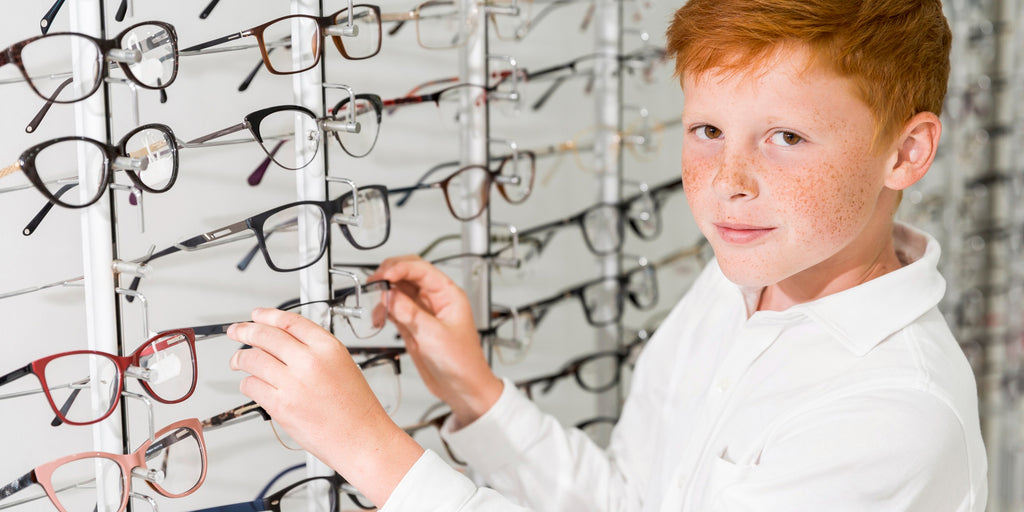
Frequently Asked Questions
- Q: At what age should my child have their first eye exam?
- A: The American Optometric Association recommends that children have their first comprehensive eye exam at 6 months old, another at 3 years old, and before they start school at about 5-6 years of age.
- Q: How can I tell if my child is experiencing vision problems?
- A: Look for signs such as squinting, sitting too close to the television, avoiding reading activities, or complaining of headaches.
- Q: Are eye exams for children covered by insurance?
- A: Many health insurance plans include coverage for pediatric eye exams. Check with your provider for details about your coverage.
- Q: What happens if my child needs glasses?
- A: We offer a wide range of children’s glasses that are durable, attractive, and tailored to fit comfortably. Our staff helps make the selection process engaging and fun for your child.
